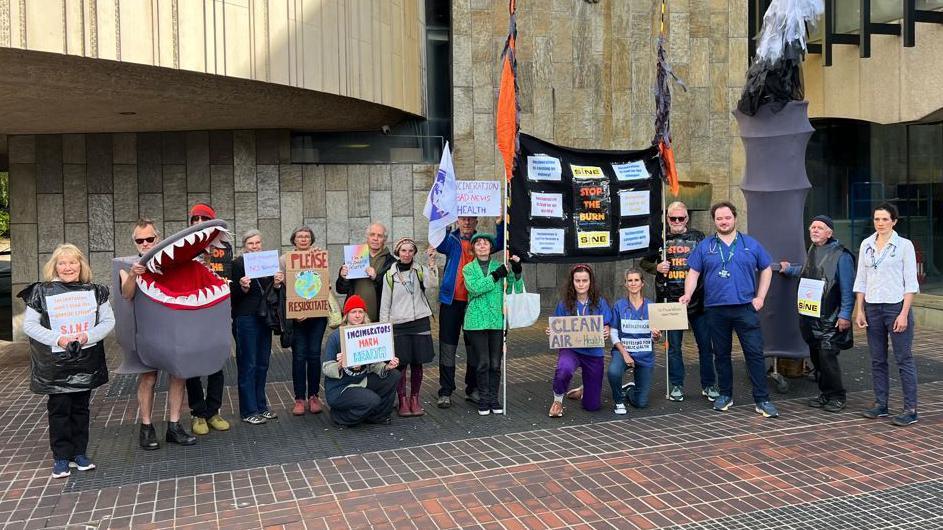Council rejects calls to exit incinerator deal
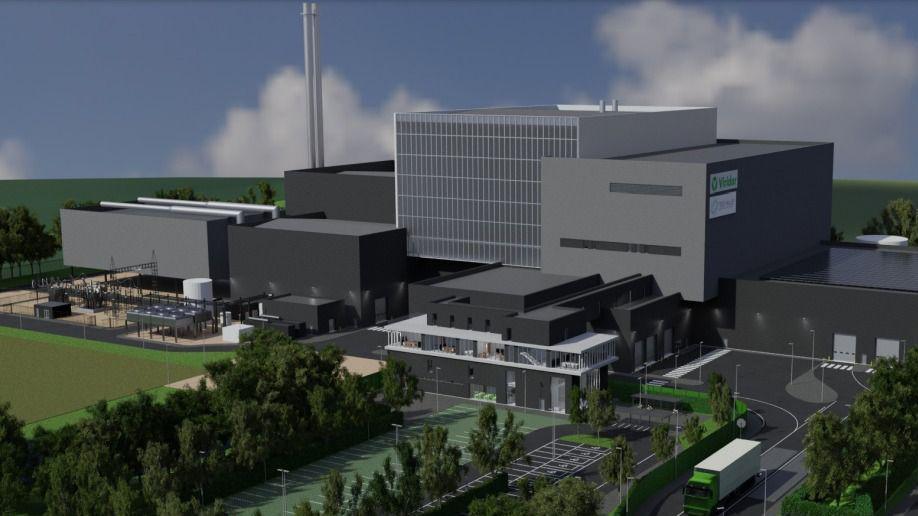
Tees Valley Energy Recovery Facility is scheduled to open in 2029
- Published
A council leadership has rejected calls to exit a controversial £2bn waste incinerator project.
Newcastle City councillors previously voted in favour of leaving the contract for the Tees Valley Energy Recovery Facility (TVERF), an incinerator set to be built on land at Teesworks, near Grangetown, Redcar.
Reform UK leader of Durham County Council Andrew Husband previously urged Newcastle and other authorities to leave the deal, which could run for 40 years.
But Newcastle's Labour cabinet confirmed it would not do so, in spite of the full council's backing for a Liberal Democrat motion urging leaders to withdraw, saying it would be "unconscionable" to leave.
As well as Durham and Newcastle, five councils from the Tees Valley area are also involved in the incinerator project, for which Viridor was confirmed as the chosen operator.
The facility promises to burn 450,000 tonnes of household waste each year to create electricity for the national grid.
Activists have campaigned for years against the building of the TVERF, over concerns about its environmental impact and financial cost, the Local Democracy Reporting Service said.
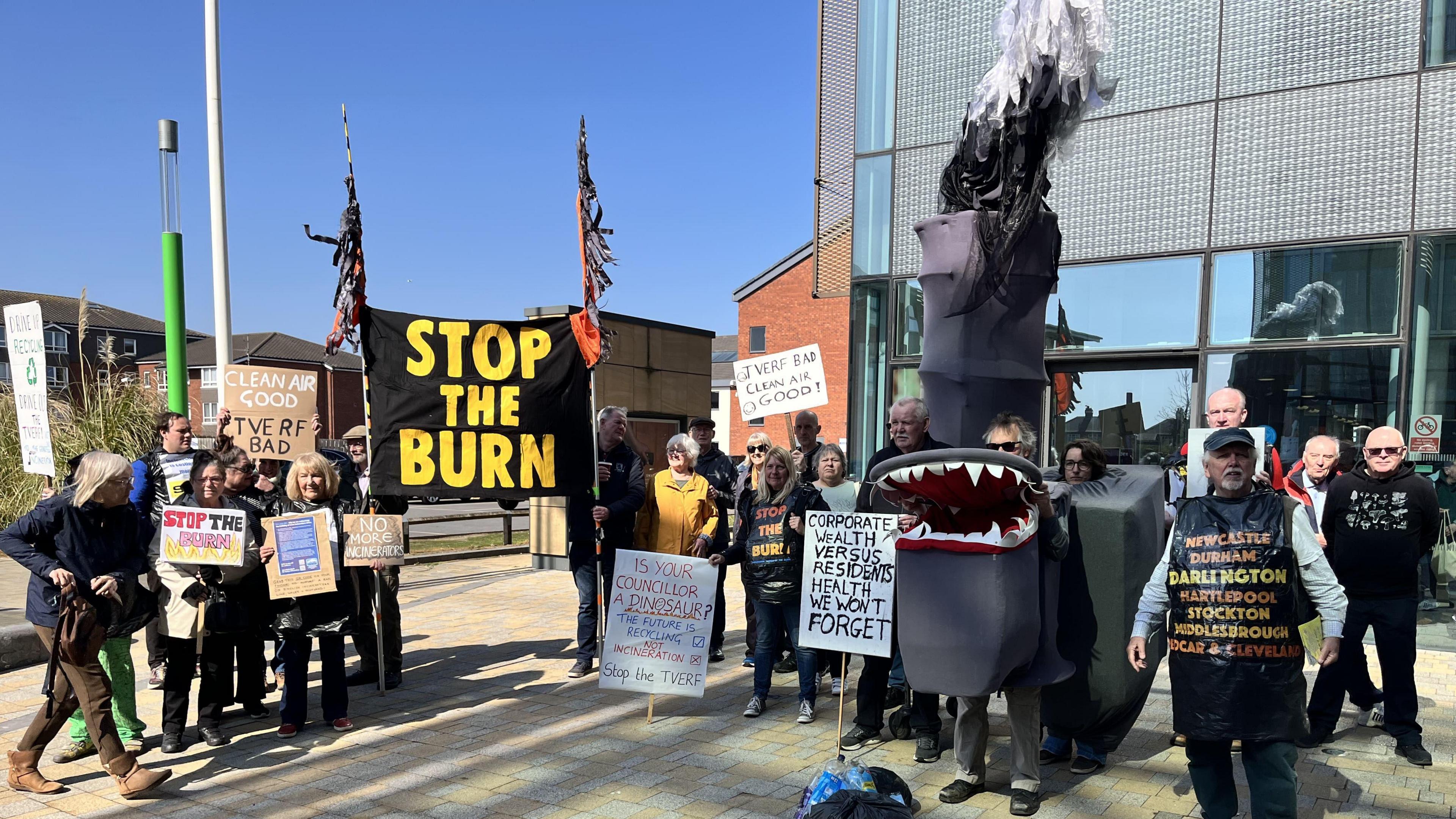
The incinerator project, which could burn up to 450,000 tonnes of waste a year, has been criticised by campaigners
Labour council leader Karen Kilgour said pulling out of the contract would put the council "back at square one" and risked exposing the authority to financial penalties.
Alex Hay, Newcastle City Council's deputy leader, agreed and said it would leave the council with "no alternative waste disposal route".
He said while the council understood points made by campaigners and opposition members, and remained committed to environmental impacts, the decision to sign up to the project was made "some time ago, and was not driven by an ambition to feed an incinerator and ditch our ambitions around greener waste collection".
"It was a pragmatic decision to deliver best value for money for the taxpayer and protect front-line services," he added.
"There is no viable alternative solution."
'Unconscionable to withdraw'
The deputy leader said the minimum tonnage required from the city to the incinerator would be modest.
"We already send waste to energy recovery facilities, and this project simply offers better value for money to the taxpayer and long-term savings that we can reinvest into front-line services."
He said it was "the position of cabinet that it would be unconscionable for us to withdraw from the project".
Husband previously said he feared local authorities would miss out on the benefits of new technology if they were locked into a decades-long contract requiring them to send waste to the Grangetown incinerator.
"We are getting scrutiny on how we spend taxpayer money and this is a significant amount of money over the years."
Operators said the TVERF was scheduled to open in 2029 and would generate enough electricity to power 60,000 homes, as well as saving nearly 100,000 tonnes of greenhouse gas emissions per year, compared with landfill.
Follow BBC North East on X, external, Facebook, external, Nextdoor and Instagram, external.
Get in touch
Do you have a story suggestion for BBC Tees?
- Published10 September
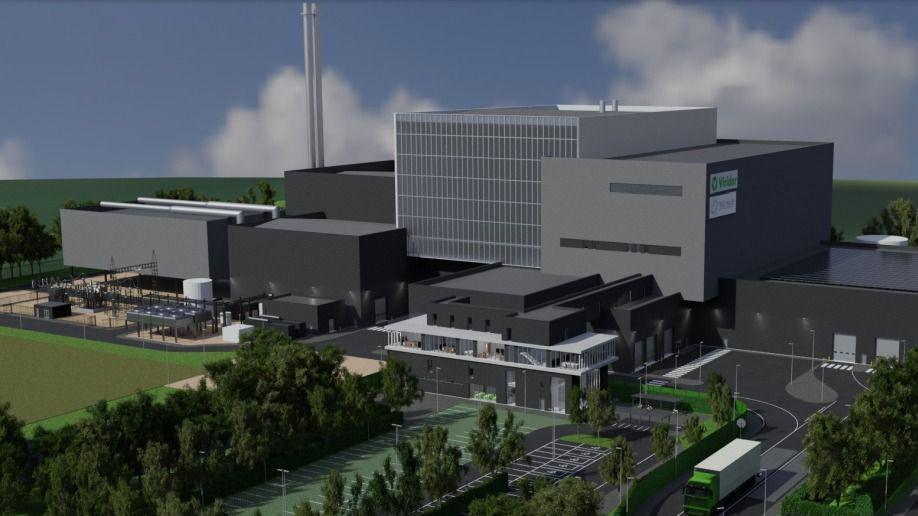
- Published22 August
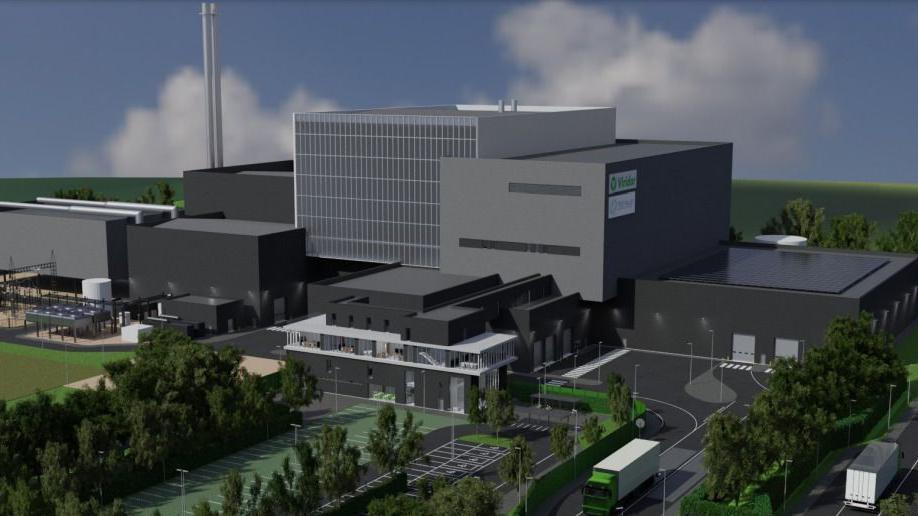
- Published17 July
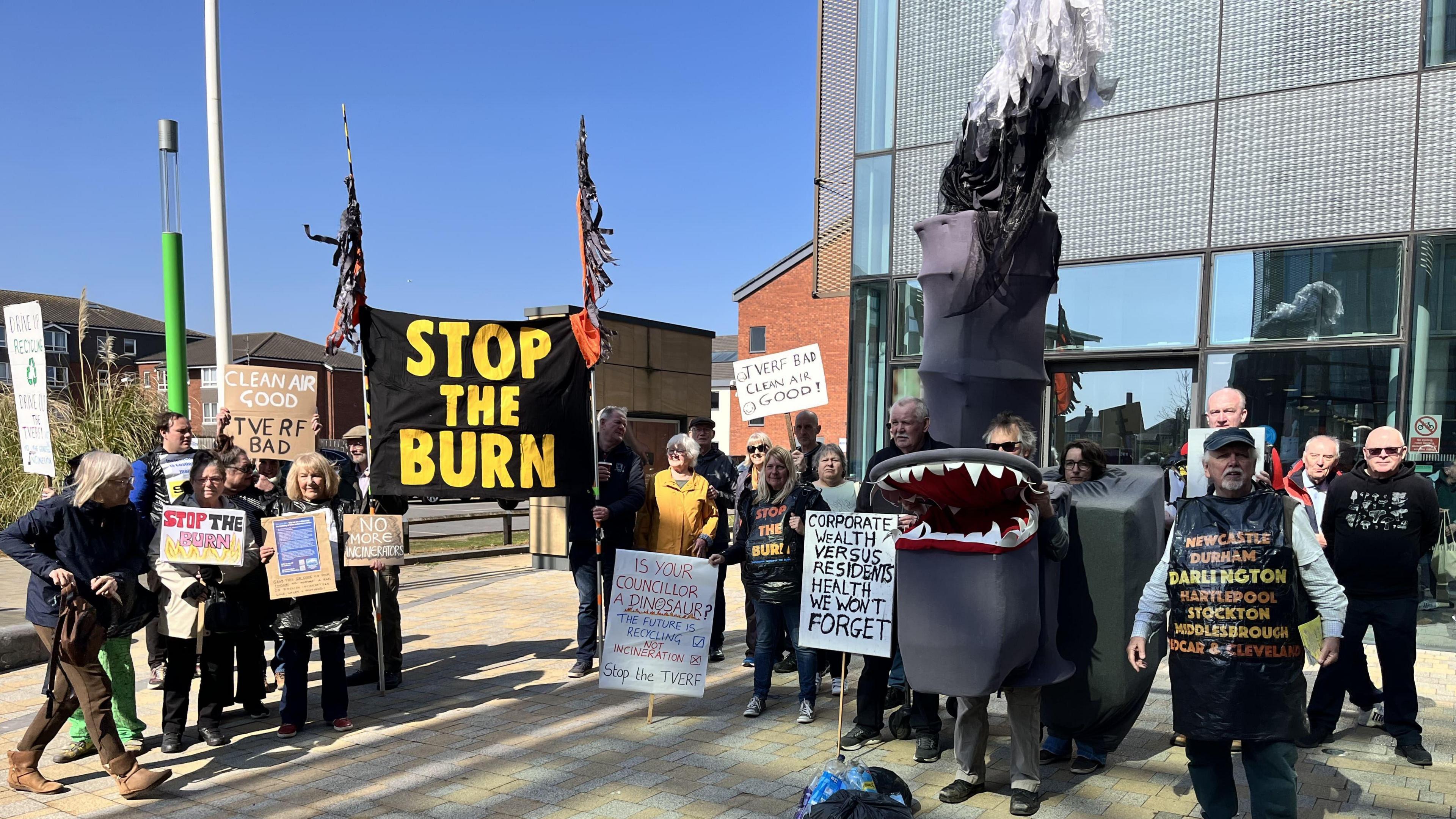
- Published14 September 2024
